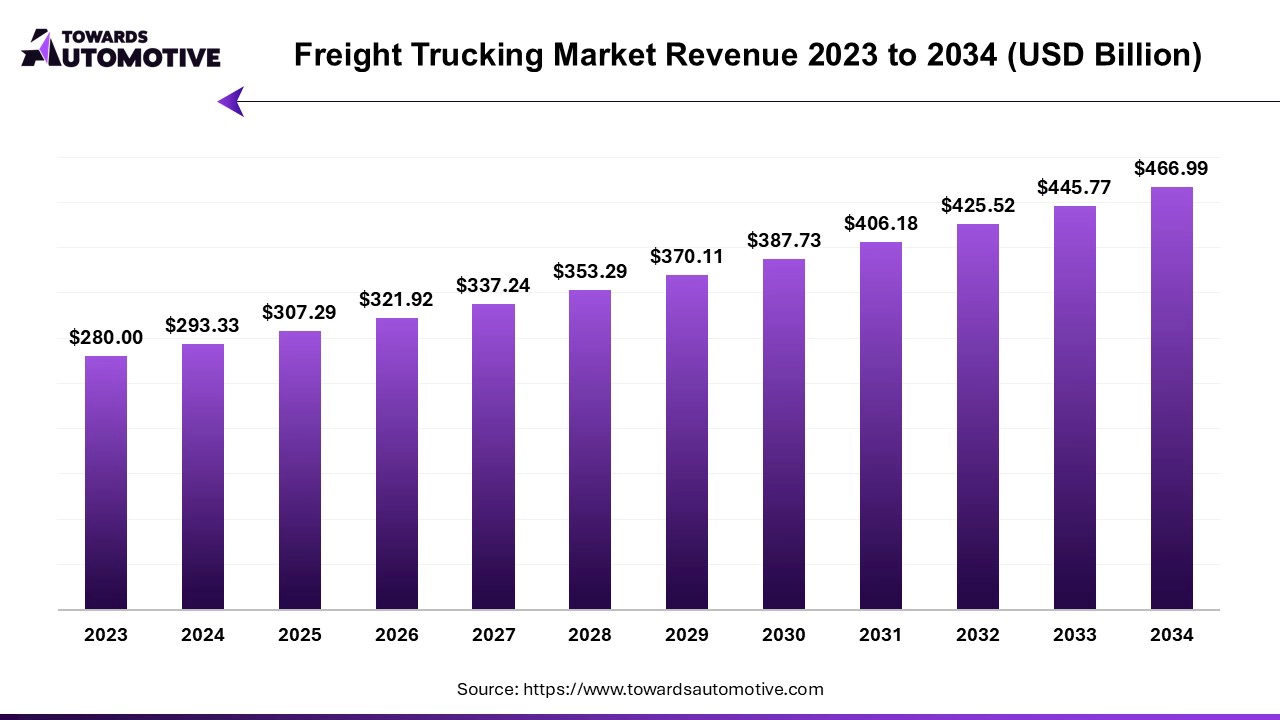The freight trucking industry is on the cusp of a major transformation, thanks to the development and deployment of autonomous trucks. These self-driving vehicles are set to revolutionize how goods are transported across long distances, presenting a host of opportunities for companies, drivers, and the logistics sector as a whole. With the potential to address some of the industry’s most pressing challenges, autonomous trucks are paving the way for a more efficient, cost-effective, and safer future in freight transportation.
Addressing the Driver Shortage
One of the most significant benefits of autonomous trucks is their potential to alleviate the ongoing driver shortage that has plagued the trucking industry for years. The demand for truck drivers continues to outstrip supply, and this shortage has led to delays, increased shipping costs, and a strain on the overall logistics network. Autonomous trucks, however, can operate around the clock without the need for rest breaks, greatly enhancing productivity. By reducing the reliance on human drivers, self-driving trucks can work longer hours, minimizing delivery times and improving the efficiency of freight operations.
The global freight trucking market itself is expanding rapidly, with the market size expected to grow from USD 293.33 billion in 2024 to USD 466.99 billion by 2034, at a compound annual growth rate (CAGR) of 4.76%. As demand for transportation services increases, autonomous trucks are emerging as a key enabler to meet this rising need for efficient and cost-effective freight solutions.

Get All the Details in Our Solution – Download Brochure @ https://www.towardsautomotive.com/download-brochure/1131
Reducing Operational Costs
In addition to improving efficiency, autonomous trucks are expected to significantly reduce operational costs. These vehicles are equipped with advanced artificial intelligence (AI) and sensor technologies, which enable them to optimize fuel consumption, navigate complex roadways, and adjust driving patterns to maximize efficiency. The result is a reduction in fuel costs, as well as minimized wear and tear on the truck’s components. With more precise driving techniques, autonomous trucks can also reduce the frequency of accidents, leading to lower maintenance and insurance expenses for trucking companies. These cost savings are vital for companies looking to remain competitive in an increasingly tight market.
Enhancing Safety on the Roads
Safety is another key area where autonomous trucks are making a notable impact. Human error is responsible for a significant portion of road accidents, and autonomous trucks are designed to mitigate this risk. By utilizing a combination of real-time data, sensors, and cameras, these trucks can make split-second decisions that are far more accurate and reliable than those made by human drivers. This technology significantly reduces the likelihood of accidents caused by fatigue, distraction, or poor judgment, making roads safer for all drivers. With governments and industries focusing on improving road safety and reducing accidents, the adoption of autonomous trucks aligns well with these objectives, further accelerating their integration into the trucking industry.
A Sustainable and Scalable Solution
The continued investment in autonomous driving technologies, combined with growing regulatory support, is helping to build a sustainable and scalable future for autonomous trucks in the logistics industry. As the technology matures, these trucks offer a long-term solution to the increasing demand for efficient and environmentally friendly transportation options. Autonomous trucks have the potential to significantly reduce the carbon footprint of freight transportation, further contributing to sustainability goals within the industry.
Volvo’s Groundbreaking Launch
One of the most significant milestones in the development of autonomous trucks came in March 2024, with Volvo’s launch of the VNL autonomous truck. Equipped with Aurora’s cutting-edge software, this vehicle supports an SAE Level 4 autonomous system, meaning it is capable of fully autonomous operation in certain conditions. The VNL autonomous truck is expected to be a game-changer in the freight trucking market, offering a glimpse into the future of transportation.
With more companies investing in autonomous driving technologies and governments implementing policies to support their integration, the future of autonomous trucks looks bright. As these innovations continue to unfold, the freight trucking industry is poised for a major evolution that will benefit businesses, drivers, and consumers alike.
Invest in Our Premium Strategic Solution @ https://www.towardsautomotive.com/price/1131
You can place an order or ask any questions, please feel free to contact us at sales@towardsautomotive.com
Explore the comprehensive statistics and insights on automotive industry data and its associated segmentation: Get a Subscription
For Latest Update Follow Us: https://www.linkedin.com/company/towards-automotive
